Problem-Solving Skills Normal Plants and Animals Worksheets for Ages 4-8
5 filtered results
-
From - To
Enhance your child's critical thinking with our engaging "Problem-Solving Skills Normal Plants and Animals Worksheets" designed for ages 4-8. These science-based worksheets help young learners explore the natural world, cultivating curiosity and problem-solving abilities. Through fun, interactive activities, children will categorize, compare, and puzzle-solve their way through lessons on various plants and animals. Each worksheet aligns with educational standards, ensuring they support classroom learning while keeping kids entertained. The perfect blend of education and enjoyment, our worksheets provide a solid foundation in scientific thinking, preparing children for future academic success. Start building essential problem-solving skills today!
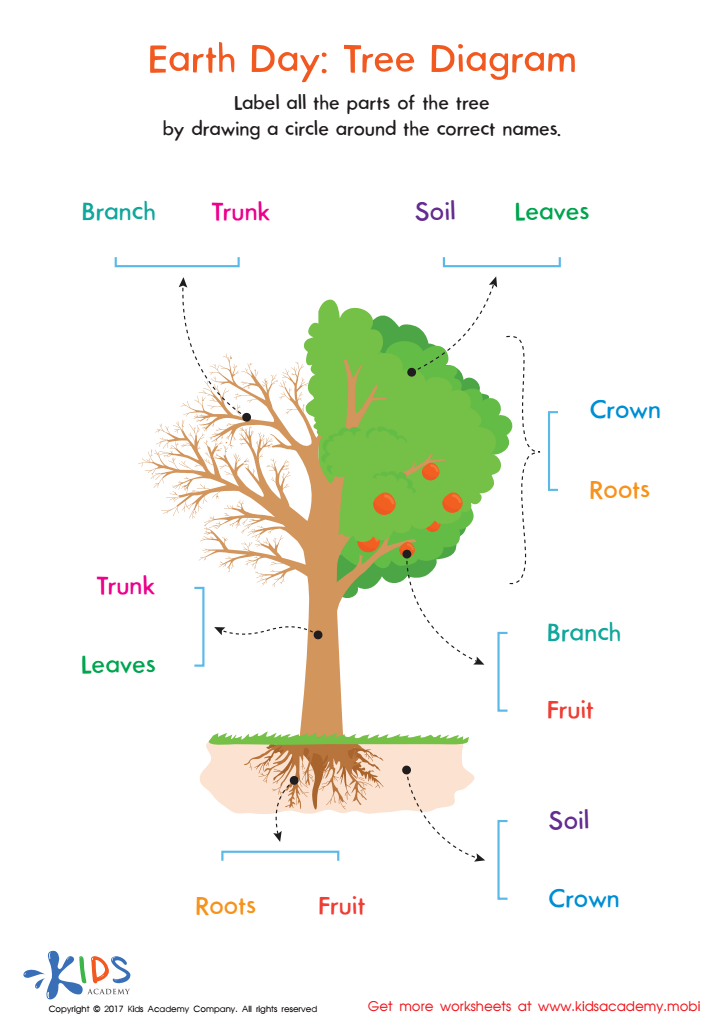

Earth Day: Tree Diagram Worksheet
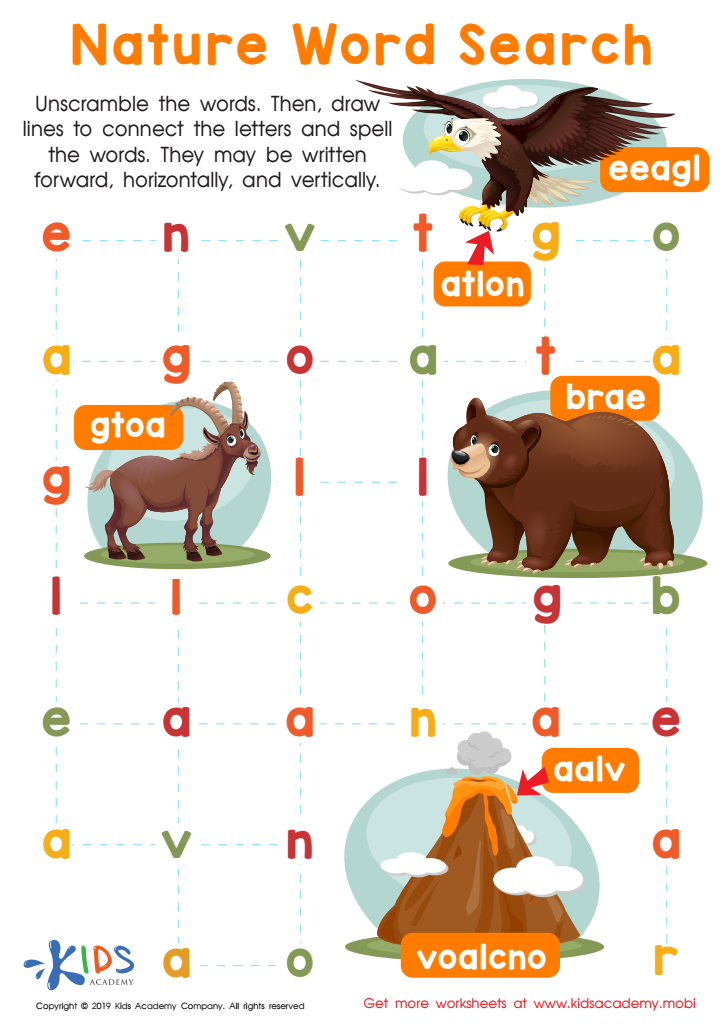

Nature Word Search Worksheet
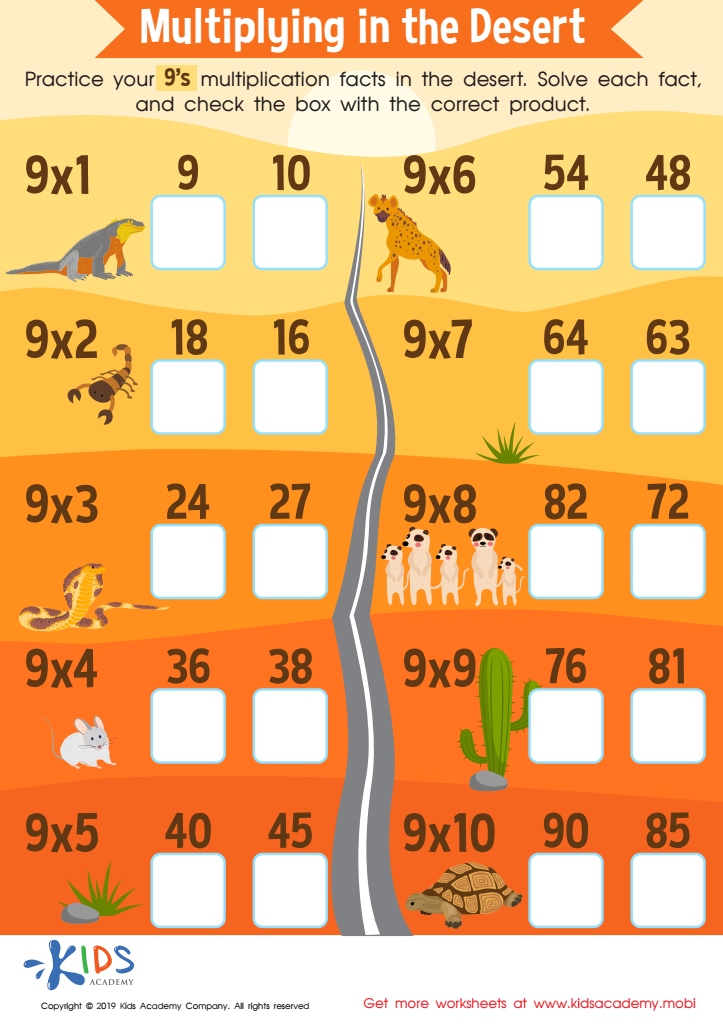

Multiplying in the Desert Worksheet
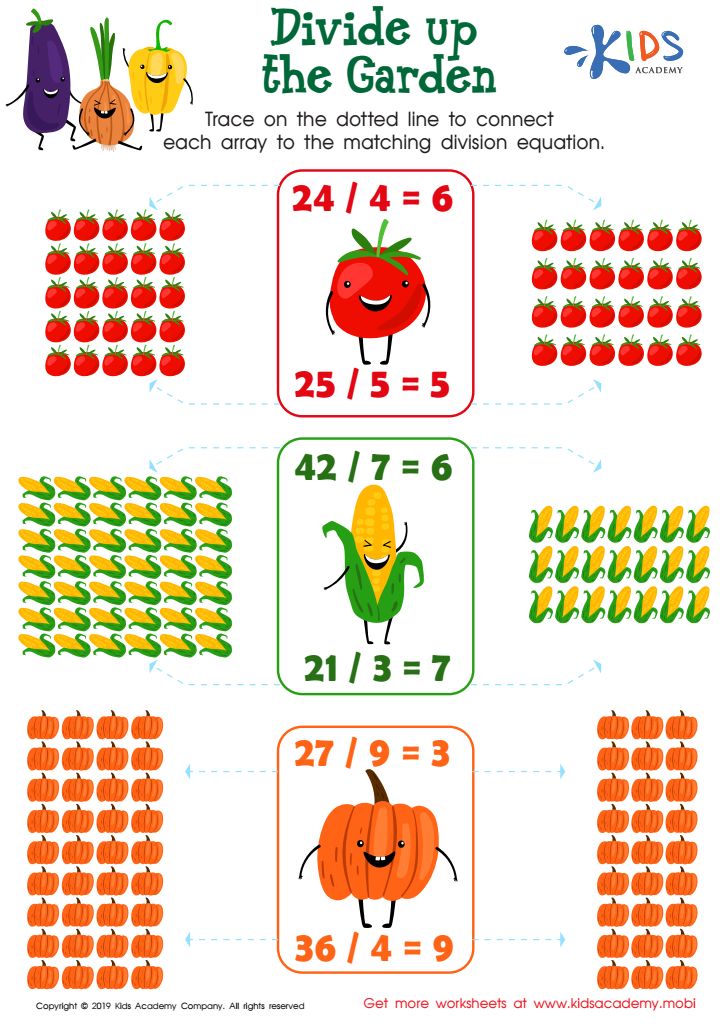

Divide up the Garden Worksheet
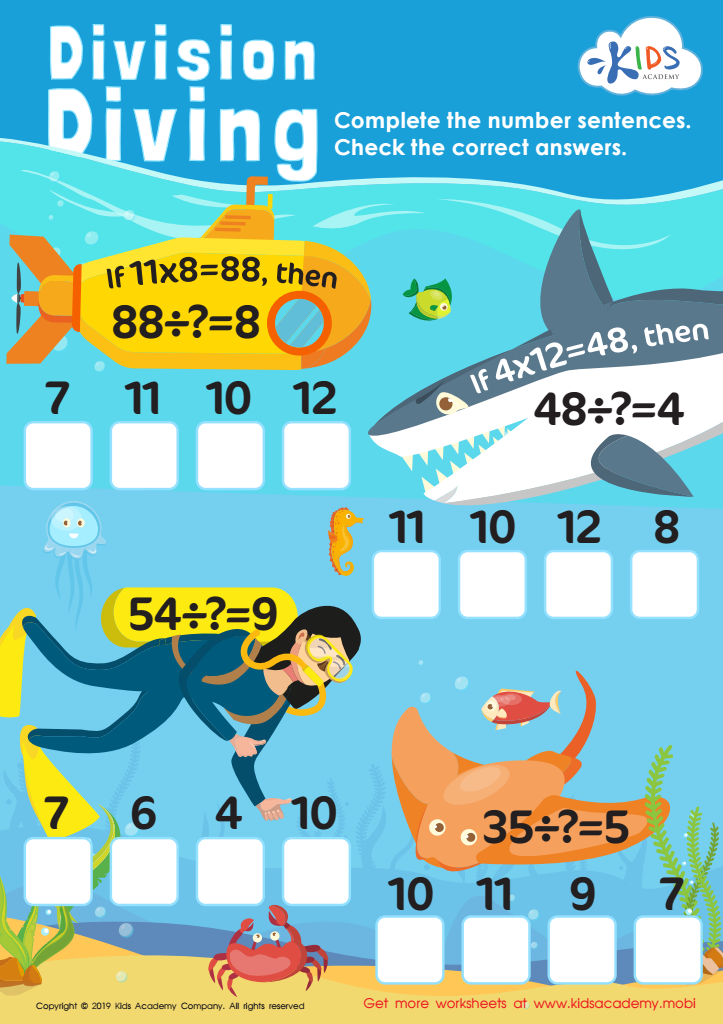

Division Diving Worksheet
Parents and teachers should invest in developing problem-solving skills in children aged 4-8, especially through the study of normal plants and animals, because it cultivates critical thinking early on. When young children explore the natural world, they engage observational skills, ask questions, and learn to draw conclusions based on evidence, which enhances their cognitive development.
Understanding plants and animals introduces children to basic scientific concepts and categorization, fostering an early interest in biology and ecology. Activities like identifying different parts of a plant or observing the behaviors of animals encourage kids to employ logical reasoning and hypothesis testing. For instance, seeing how plants need water and sunlight to grow helps them understand cause and effect.
Challenging children to solve problems, such as determining why a plant is wilting or what an animal might eat, nurtures their ability to think creatively and resolve issues practically. These experiences not only boost their academic skills but also help them deal with real-world problems they might face later on.
Moreover, learning about the natural environment fosters a sense of curiosity and an appreciation for nature, which is critical for future environmental stewardship. By integrating problem-solving with engaging topics like plants and animals, educators and parents lay a strong foundation for lifelong learning and adaptive thinking.
 Assign to My Students
Assign to My Students





















